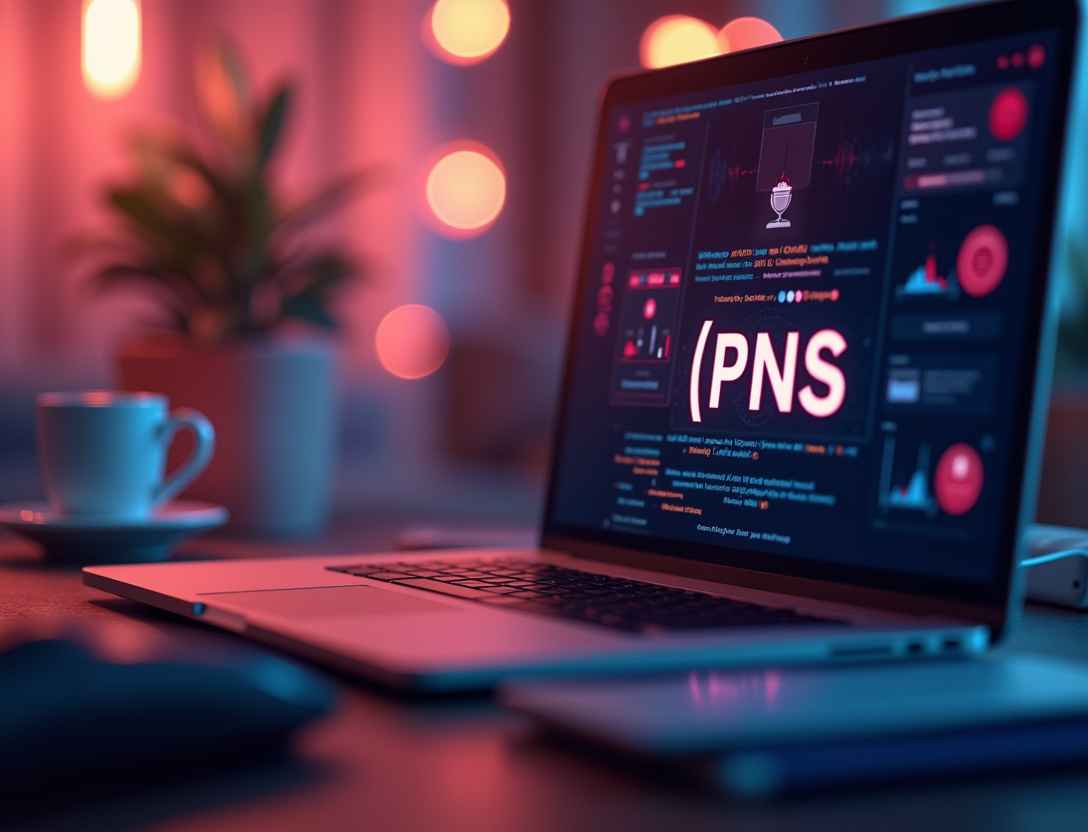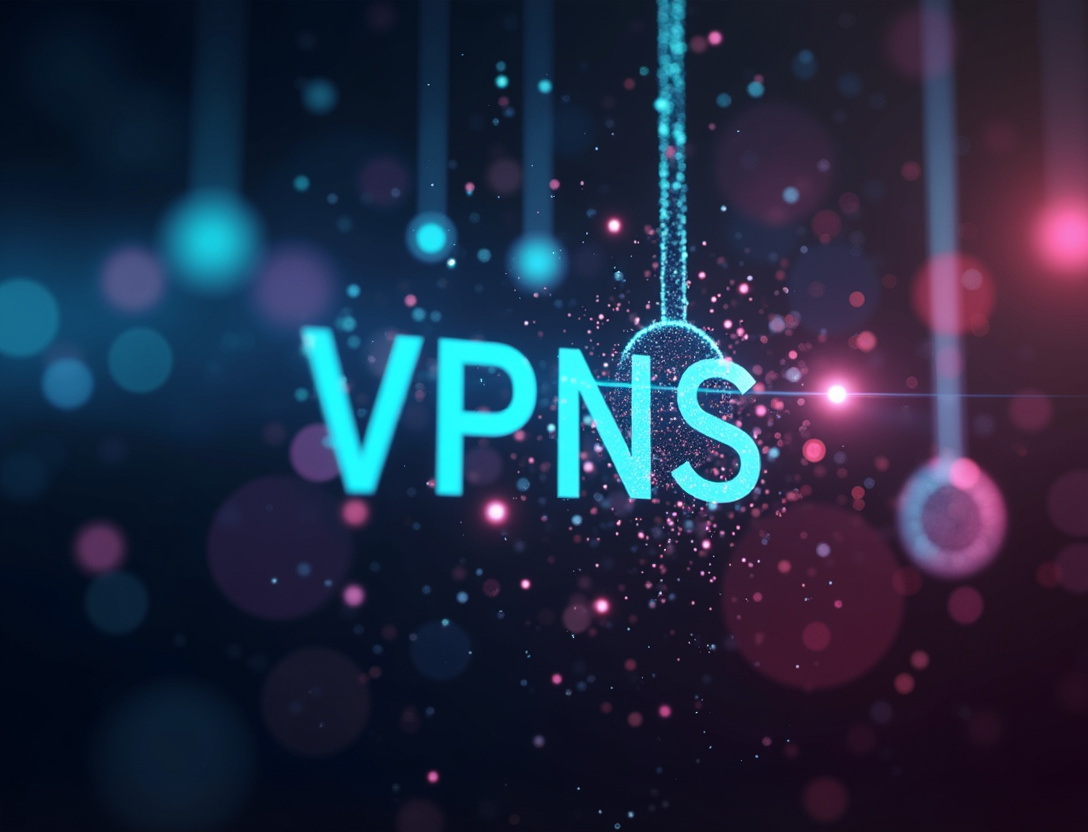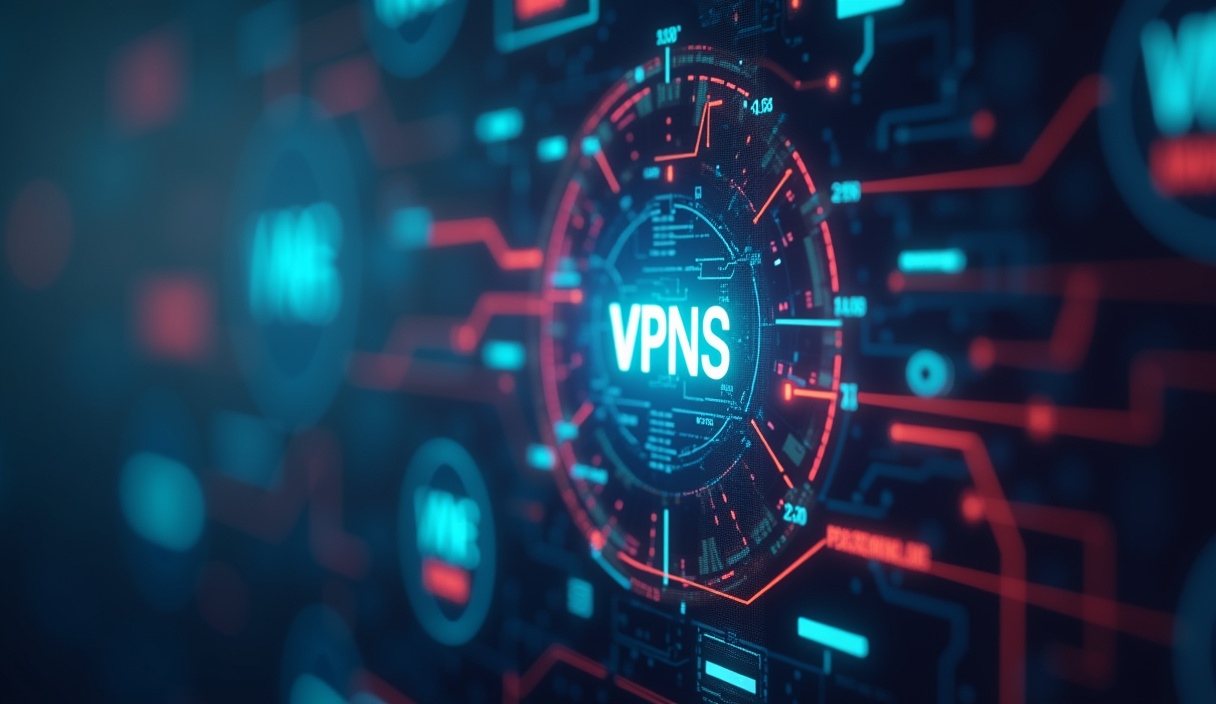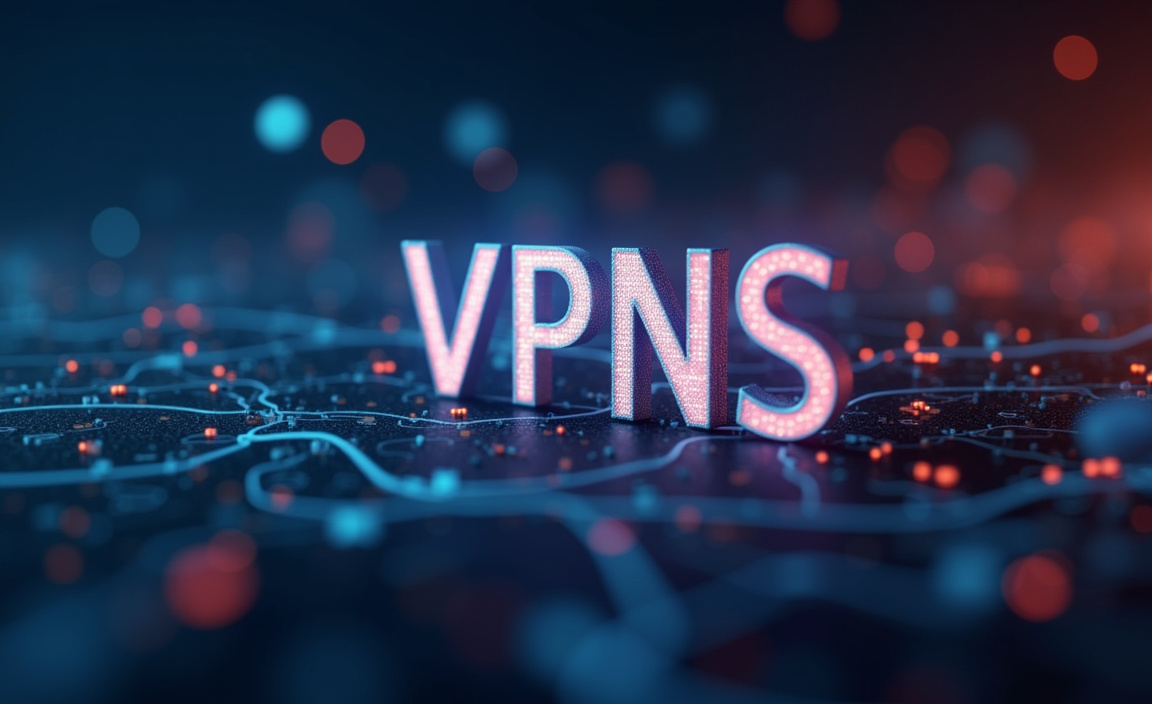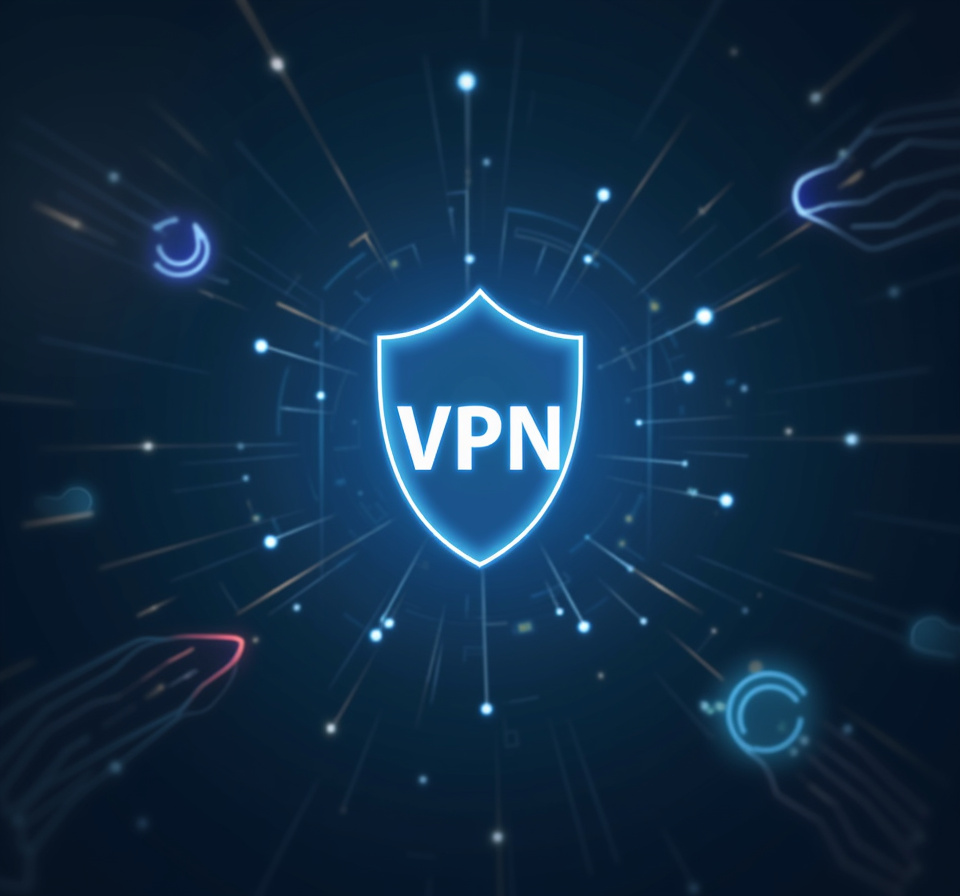VPNs in Broadcasting: Secure Distribution Channels

Table of Contents
broadcast VPN
In the dynamic world of broadcasting, where content traverses global networks and competitive pressures escalate, safeguarding distribution channels stands as a paramount concern. Broadcasters grapple with diverse threats, from piracy and unauthorized access to content theft and increasingly sophisticated data breaches. To effectively counter these challenges, many are strategically integrating Virtual Private Networks (VPNs) as a fundamental component of their robust security architecture.
Specifically, a solution furnishes a resilient mechanism explicitly designed to protect valuable content, guarantee secure distribution across diverse platforms, and vigilantly safeguard sensitive viewer data from potential compromise. At its core, a VPN in the context of broadcasting functions by establishing a fortified, encrypted tunnel for uninterrupted data transmission. This tunnel meticulously encrypts every packet of data exchanged between the broadcaster's core infrastructure and its various designated distribution points.
This robust encryption process effectively prevents any unauthorized interception attempts or malicious tampering with the data, thereby meticulously maintaining the integrity and absolute confidentiality of the sensitive broadcast signal as it is transmitted. Beyond mere encryption, a thoughtfully implemented VPN solution provides an additional layer of robust defense by effectively masking the true IP addresses of the broadcaster's origin servers. This strategic obfuscation makes it substantially more difficult for potential malicious actors to accurately identify and subsequently target those critical servers with nefarious attacks.
This inherent anonymity is undeniably crucial for effectively protecting against crippling Distributed Denial-of-Service (DDoS) attacks, which are specifically designed to disrupt core broadcast operations and potentially inflict significant, and often irreparable, financial losses upon the broadcaster. Further enhancing its value proposition, a robust VPN implementation empowers broadcasters to proactively circumvent geographical restrictions and potentially oppressive censorship, thereby enabling them to reach significantly wider and more diverse audiences without being unfairly impeded by artificial, location-based barriers or politically motivated content filtering. This particular capability proves especially valuable for savvy international broadcasting organizations as they strategically endeavor to distribute their diverse content across vastly different regions, each governed by its own unique set of regulatory frameworks and cultural norms.
The careful and judicious selection of the most appropriate VPN specifically tailored for broadcasting needs inevitably requires meticulous consideration of several key factors, each contributing to the overall security and operational efficiency of the solution. Foremost, the chosen VPN must undeniably offer robust and demonstrably reliable encryption protocols, such as the industry-standard Advanced Encryption Standard (AES) with a 256-bit key (AES-256), to definitively guarantee the highest achievable level of virtually impenetrable security for all transmitted data. Secondly, the VPN provider should demonstrably maintain a vast and geographically diverse network of strategically located servers scattered across the globe, meticulously optimized to provide the lowest possible latency coupled with the highest available bandwidth – both essential for ensuring seamless, uninterrupted streaming performance for viewers regardless of their location.
Thirdly, the VPN provider should adhere to a strict and verifiable no-logs policy, unequivocally guaranteeing that all user activity remains entirely private and is never tracked, monitored, or stored under any circumstances. Fourthly, the VPN solution needs to offer critical features like an automatic kill switch mechanism and robust Domain Name System (DNS) leak protection, which are both designed to prevent inadvertent data exposure in the unfortunate event of unexpected connection drops or other technical disruptions. Fifthly, the provider should have dedicated support staff for broadcasters, including technical assistance and troubleshooting.
Finally, the VPN should be scalable to accommodate the evolving broadcasting needs. Ultimately the integration of channels through a VPN helps maintain consistent broadcast quality.
VPN for broadcasters
Beyond the undeniably critical security enhancements, the strategic implementation of a VPN solution offers a multitude of tangible operational advantages for broadcasting organizations striving to optimize their efficiency and reach. A particularly significant advantage lies in the potential for demonstrably improved network performance and enhanced overall reliability. A meticulously configured VPN, employing intelligent routing protocols, possesses the inherent capability to dynamically optimize data routing paths, thereby substantially reducing latency and significantly improving the overall streaming experience for viewers across diverse geographic locations and network conditions.
This optimized performance becomes particularly crucial during live broadcasts, where even marginal delays or momentary disruptions can negatively impact viewer engagement, potentially leading to audience attrition and diminished brand perception. Furthermore, a well-designed VPN solution can actively assist broadcasters in effectively mitigating the adverse effects of network congestion and restrictive bandwidth throttling imposed by some Internet Service Providers (ISPs). By cleverly masking the broadcast traffic as innocuous and generic internet activity, the VPN can effectively bypass many common throttling measures, ensuring that viewers consistently receive the highest possible streaming quality, irrespective of their ISP's policies.
This capability becomes paramount in maintaining viewer satisfaction and fostering unwavering loyalty within an increasingly competitive media landscape increasingly shaped by user experience. A properly implemented VPN also streamlines content distribution across diverse platforms and an ever-expanding array of devices. With a robust VPN in place, broadcasters gain the agility to effortlessly adapt their content to a wide spectrum of formats and resolutions, thus guaranteeing seamless compatibility across a multitude of devices, including ubiquitous smartphones, versatile tablets, smart TVs offering enhanced viewing experiences, and popular gaming consoles favored by younger demographics.
This unparalleled flexibility empowers broadcasters to effectively reach significantly larger audiences and maximize their potential revenue streams by catering to diverse viewing preferences and device ecosystems. Furthermore, a secure VPN connection enables geographically dispersed team members to seamlessly access and securely share sensitive files, collaboratively work on demanding projects in real-time, and efficiently manage complex broadcast operations irrespective of their physical location. This capability proves particularly valuable for facilitating effective communication and collaboration within distributed teams, or for broadcasters required to manage dynamic content streams originating from diverse, geographically dispersed locations spanning multiple time zones.
In terms of meticulous regulatory compliance, a thoughtfully chosen and implemented VPN can play a critical role in helping broadcasters consistently meet stringent regulatory requirements related to stringent data protection and evolving privacy mandates. Numerous countries have enacted increasingly strict laws governing the collection, secure storage, and responsible use of personal data. By encrypting viewer data both in transit and at rest and strategically masking IP addresses, a compliant VPN aids broadcasters.
A is a great tool for compliance.
viewer data security
One of the most critical, and increasingly scrutinized, aspects of modern broadcasting in the rapidly evolving digital age is the stringent protection of sensitive . Broadcasting organizations inevitably collect significant amounts of viewer data, encompassing detailed demographic profiles, precise location information, individual viewing habits, and nuanced personal preferences. These data points, when aggregated, represent a valuable asset, but also carry a significant responsibility to meticulously safeguard this often-sensitive data from any unauthorized access attempts or potential security breaches.
A thoughtfully implemented VPN solution can play a demonstrably significant role in rigorously safeguarding viewer data by encrypting all network traffic traversing between the viewer's device of choice and the broadcaster's core origin servers. This comprehensive encryption process renders any intercepted data streams unintelligible to eavesdroppers and effectively prevents malicious actors, including sophisticated hackers and unscrupulous third parties, from successfully intercepting and surreptitiously stealing valuable viewer data for nefarious purposes. Beyond mere encryption, a properly configured VPN also provides an essential layer of enhanced privacy by meticulously masking the viewer's public IP address.
This strategic obfuscation makes it exponentially more difficult for intrusive advertisers, persistent tracking companies, and other potentially unwelcome third parties to accurately track the viewer's online activities and compile detailed profiles of their browsing habits. This added layer of privacy becomes particularly important given the rapidly escalating global concerns surrounding online privacy, intrusive data tracking practices, and the potentially unethical use of personal information without explicit consent. Moreover, a proactive VPN implementation can actively protect viewers from falling victim to sophisticated phishing scams, insidious malware infections, and a plethora of other pervasive online threats that constantly plague the internet landscape.
By intelligently routing all network traffic through a secure, meticulously monitored VPN server infrastructure, the VPN solution can effectively block access to malicious websites known to distribute malware or engage in phishing activities. This sophisticated filtering process prevents viewers from inadvertently clicking on harmful links embedded in deceptive emails or unknowingly downloading malicious files disguised as legitimate software updates. To further fortify viewer data security and build trust with their audience, broadcasting organizations should proactively implement robust multi-factor authentication protocols to meticulously verify the identity of users attempting to access their accounts.
They should commit to regularly updating their software infrastructure and security systems with the latest security patches. By doing this is improved.
broadcast VPN
The benefits of integrating a VPN into broadcasting operations extend far beyond purely technical security measures; a well-chosen VPN solution can also significantly enhance the overall user experience, fostering increased viewer engagement and long-term loyalty. By strategically optimizing network routing and minimizing latency, a VPN ensures consistent, high-quality streaming, even during peak viewing hours or in regions with less-developed network infrastructure. This translates directly to fewer buffering interruptions, reduced lag, and an overall smoother, more enjoyable viewing experience for the end-user.
Furthermore, a VPN empowers viewers to bypass geo-restrictions and content censorship imposed by governments or licensing agreements, granting them unfettered access to the content they desire, regardless of their physical location. This capability is particularly valuable for expatriates, international travelers, and individuals living in countries with limited access to global media. A can enrich the customer experience.
Beyond accessibility, a VPN can also enhance user privacy and anonymity, giving viewers greater control over their online footprint. By masking their IP address and encrypting their traffic, a VPN prevents websites and advertisers from tracking their browsing habits and collecting personal data without their explicit consent. This increased privacy is particularly appealing to privacy-conscious viewers who are concerned about the growing prevalence of online surveillance and data collection.
To maximize the positive impact of a VPN on the user experience, broadcasters should prioritize selecting a VPN provider with a reputation for reliability, performance, and user-friendliness. The VPN should offer a wide range of server locations to ensure optimal connectivity for viewers around the world. It should also provide easy-to-use apps for a variety of devices, including smartphones, tablets, smart TVs, and desktop computers.
In addition, the VPN provider should offer responsive customer support to assist viewers with any technical issues they may encounter. Broadcasters should also clearly communicate to their viewers the benefits of using a VPN, emphasizing its ability to enhance security, privacy, and accessibility. They should provide clear instructions on how to set up and use the VPN, and they should offer ongoing support to help viewers troubleshoot any problems.
Moreover, broadcasters should respect viewer privacy by refraining from tracking or logging their VPN usage. They should also ensure that their own websites and apps are secure and do not contain any malware or tracking software. By prioritizing user experience, broadcasters can leverage the power of VPN technology to create a more engaging, enjoyable, and secure viewing environment for their audience, fostering greater loyalty and driving long-term growth.
A strong is a marketing advantage.
secure distribution
Integrating a VPN into a broadcasting infrastructure requires careful planning, diligent implementation, and continuous monitoring to ensure optimal performance and robust security. The first step involves conducting a thorough risk assessment to identify potential vulnerabilities in the existing broadcast ecosystem. This assessment should consider factors such as content piracy, data breaches, DDoS attacks, and unauthorized access.
Based on the risk assessment findings, broadcasters should develop a detailed security policy that outlines the specific measures needed to mitigate identified threats. This policy should address topics such as VPN authentication, encryption protocols, data retention, incident response, and employee training. Selecting the right VPN provider is a critical decision.
Broadcasters should carefully evaluate various VPN providers based on factors such as security features, performance, reliability, server locations, customer support, and pricing. It is essential to choose a VPN provider with a proven track record of protecting sensitive data and providing high-quality service. Once a VPN provider is selected, broadcasters should develop a detailed implementation plan that outlines the steps needed to integrate the VPN into their existing infrastructure.
This plan should include tasks such as configuring VPN servers, installing VPN clients on user devices, and testing VPN connectivity and performance. After the VPN is implemented, broadcasters should continuously monitor its performance and security. This includes tracking VPN usage, detecting and responding to security incidents, and regularly updating VPN software and configurations.
Employee training is crucial for ensuring the effective use of the VPN and promoting a culture of security within the broadcasting organization. Employees should be trained on topics such as VPN authentication, password security, data protection, and phishing prevention. The of broadcast assets involves planning.
In addition to technical measures, broadcasters should also implement administrative controls to enhance security. This includes restricting access to sensitive data, enforcing strong password policies, and conducting regular security audits. Broadcasters should also consider implementing a layered security approach, combining the VPN with other security technologies such as firewalls, intrusion detection systems, and anti-malware software.
To maintain compliance with relevant regulations, broadcasters should regularly review and update their security policies and procedures. They should also stay informed about the latest security threats and best practices. By implementing a comprehensive security strategy that includes a robust VPN, broadcasters can effectively protect their valuable content, safeguard viewer data, and ensure the integrity of their broadcasting operations.
It allows and helps guarantee .
Stay Updated
Get the latest VPN news, tips, and exclusive deals to your inbox.
